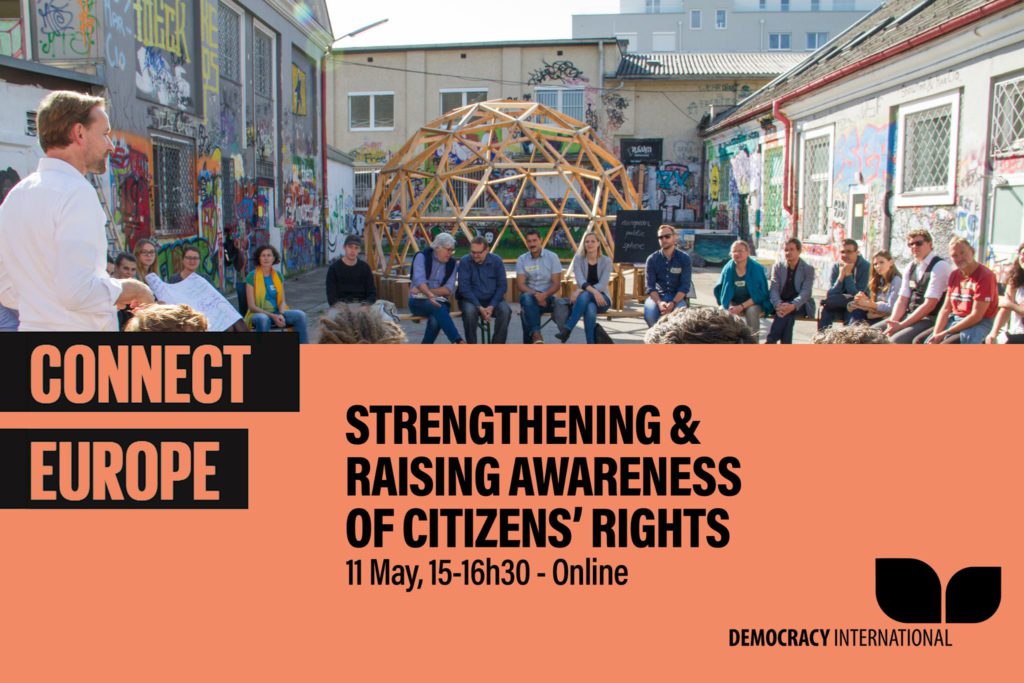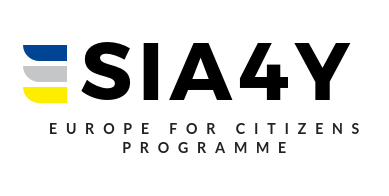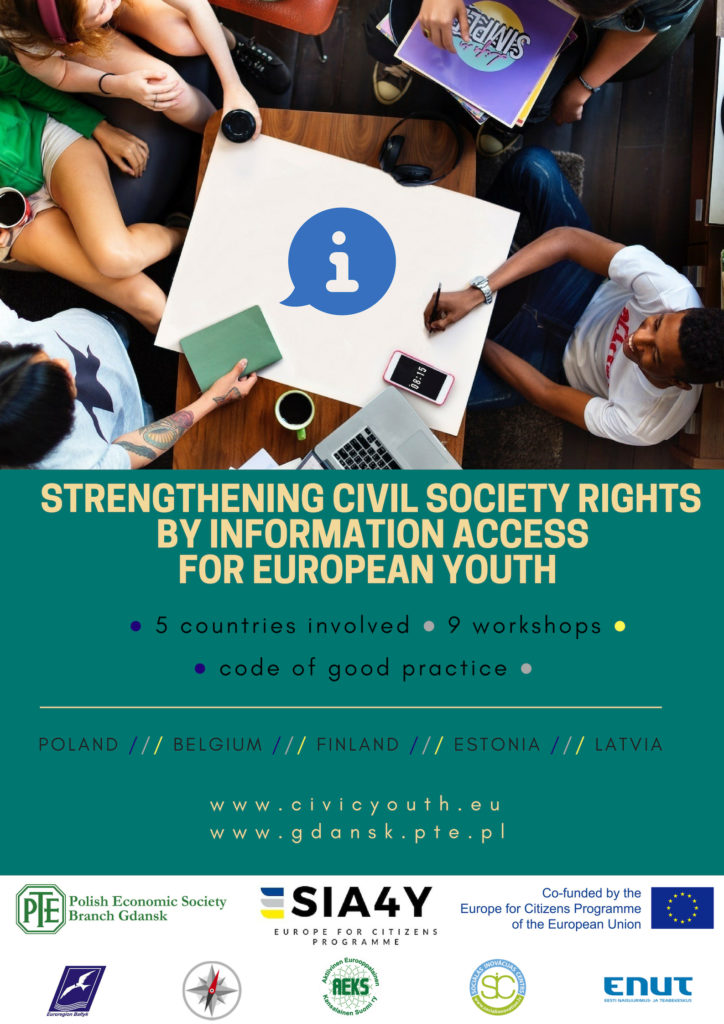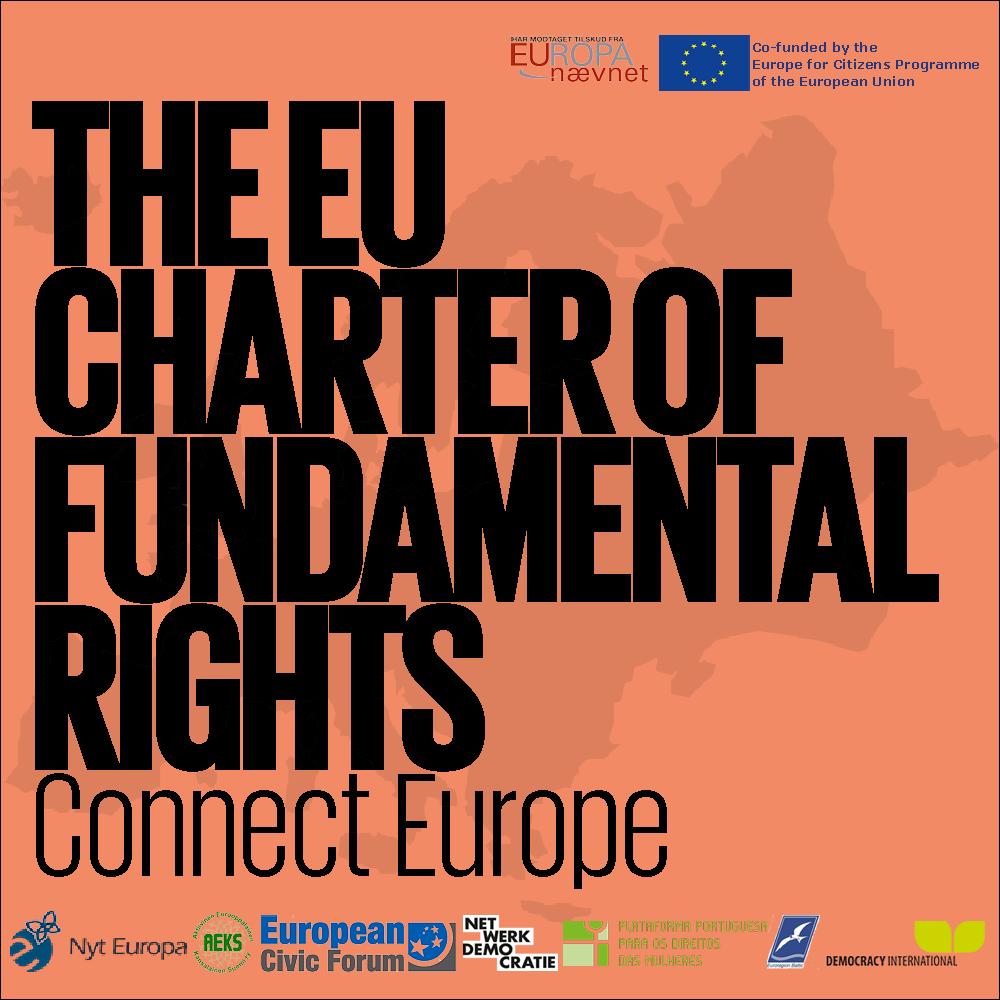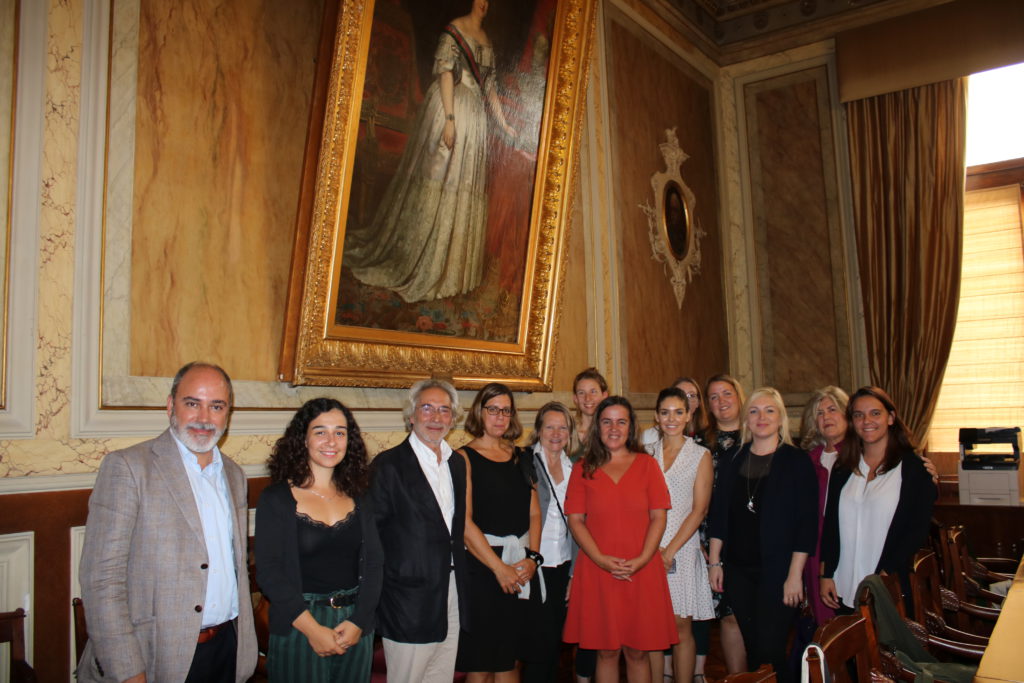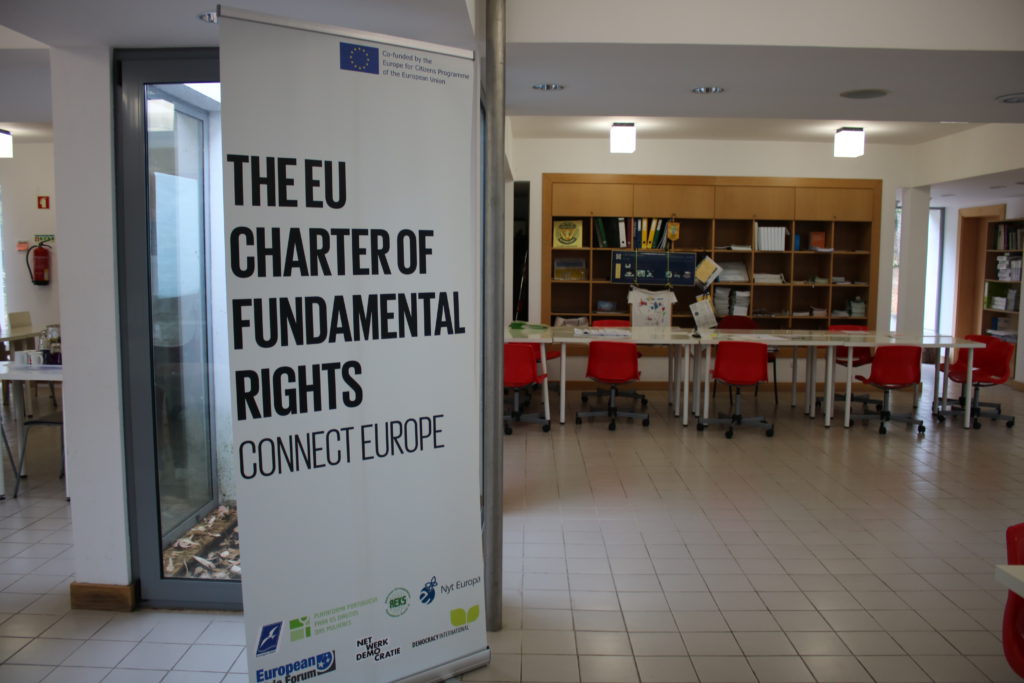This year, the EU Charter of Fundamental Rights, which brings together personal, civic, political, economic and social rights, turns 20 years old. In a single text, these rights are enjoyed by every citizen in the EU. Citizens’ rights receives its own chapter as the fifth in a set of seven chapters.
As part of the Connect Europe project with 7 civil society organisations, we aim to connect citizens to the EU Charter and celebrate its accomplishments across 20 years. Let’s look at the Charter’s successes, as well as practically examine where the Charter could be modernised to fit a 21st century Europe that is battling populism and anti-EU rhetoric, and more timely, a Charter that protects citizens’ rights in times of international crisis.
*Disclaimer: this online event will be recorded.
Please register to receive the invitation link: www.democracy.community/forms/registration-online-connect-europe
Programme includes Member of European Parliament Daniel Freund, Marie Jünemann from Mehr Demokratie, and a Virtual European Public Sphere discussion!
View the full programme here: www.democracy.community/event/online-connect-europe-strengthening-and-raising-awareness-citizens-rights
Register here: www.democracy.community/forms/registration-online-connect-europe
